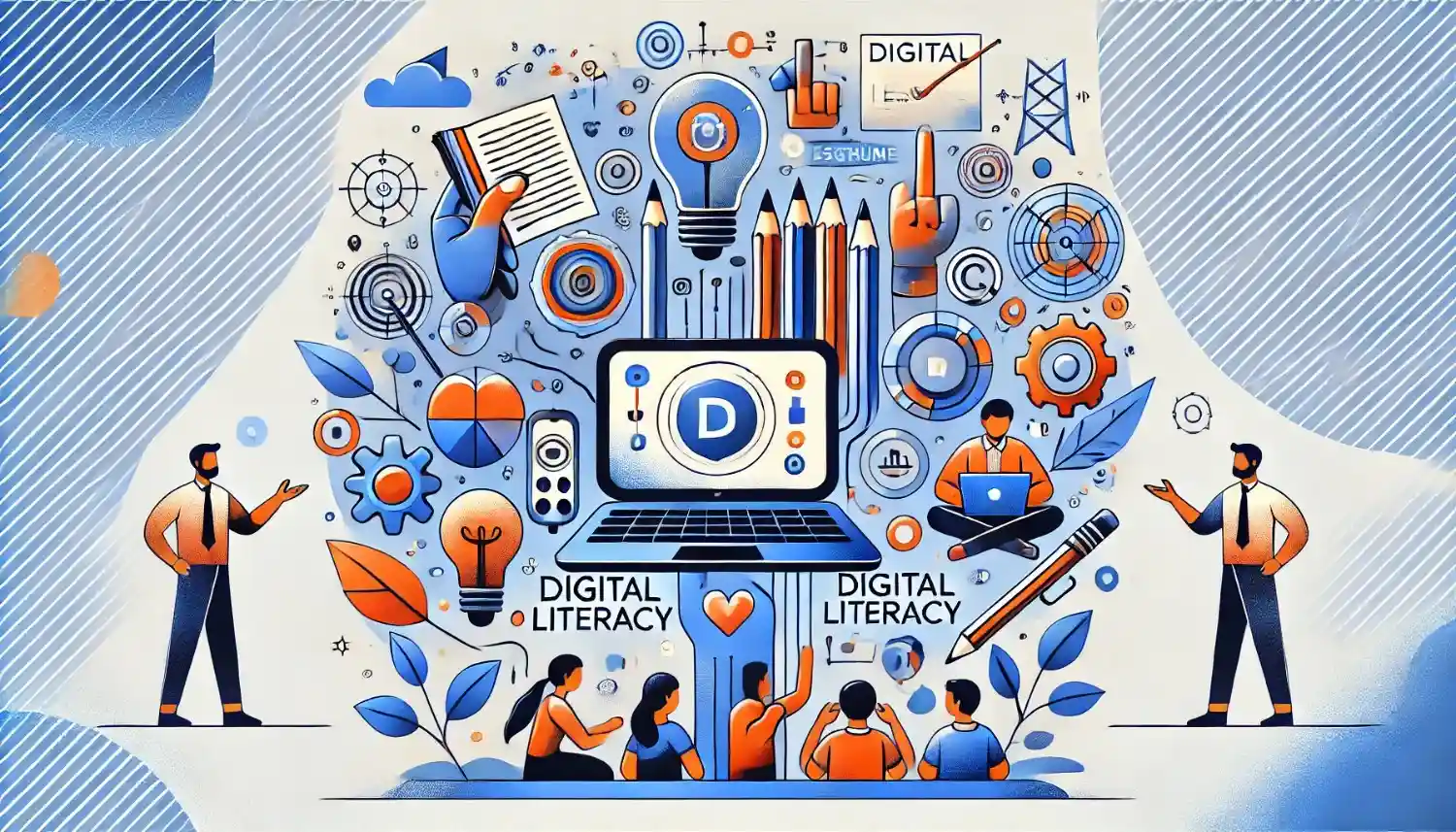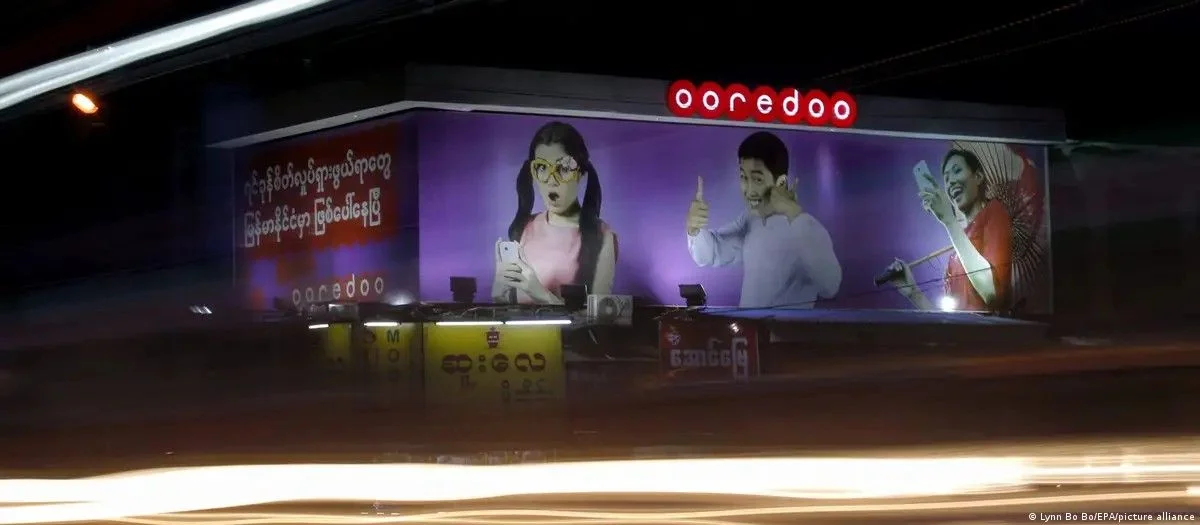Over 2,000 Community Learning Centres (CLCs) across Nepal are playing a crucial role in providing education and skill development, particularly to marginalized communities. With the support of UNESCO, the Government of Nepal launched the ICT in Education Master Plan (2013–2017), the first initiative to incorporate ICT into education. This effort was further supported by the Digital Nepal Framework (2019), which emphasizes digital literacy for all. The School Education Sector Plan (SESP, 2022–2032) continues to prioritize ICT integration in both formal and non-formal education sectors.
However, the COVID-19 pandemic highlighted a stark divide between formal and non-formal education. While formal education quickly adapted to digital platforms, non-formal education, including CLC activities, was largely discontinued. This disparity, along with existing gaps in ICT skills and infrastructure, underscored the urgent need for digital competency training for CLC facilitators to ensure inclusive and resilient learning opportunities.
To address this need, the UNESCO Institute for Lifelong Learning (UIL) and Nepal’s Center for Education and Human Resource Development (CEHRD) organized a training session for 28 master facilitators from CLCs across the country. Held in Kathmandu from November 30 to December 3, 2024, the training aimed to enhance digital competencies and teaching practices among facilitators. The training was based on a comprehensive manual developed by UIL, specifically for CLC facilitators and non-formal education providers in Nepal. This manual focuses on using and adapting gender-sensitive digital learning materials to local contexts, aligned with Nepal’s non-formal education curriculum.
During the training, participants gained a deeper understanding of non-formal education and engaged in hands-on activities to improve their digital skills. They created high-quality, gender-sensitive materials that were culturally and linguistically appropriate for their learners. Through case studies and group discussions, facilitators also honed their ability to evaluate and adapt digital learning resources.
One participant, Tara Gurung, a facilitator from Madhabaliya CLC in Rupandehi, shared, “Even though I use a laptop and information tools for my work, this workshop made me realize that many things were missing. It gave us a platform to share what we know and learn from others.”
Based on participant feedback, the training manual will be finalized and translated into Nepali. It will then be made available through the CEHRD national learning platform and the UIL Learning Hub, accessible in both English and Nepali. To extend the impact of the training, a cascade model will be introduced, enabling master facilitators to train additional CLC facilitators across Nepal. This initiative aims to ensure that the newly acquired digital competencies benefit communities nationwide, fostering more inclusive and resilient learning opportunities for all.
Deepak Sharma, Director General of CEHRD, emphasized, “CLCs have the power to define and shape their objectives. They can be the driving force to lead communities, and even entire nations, toward transformation.”















